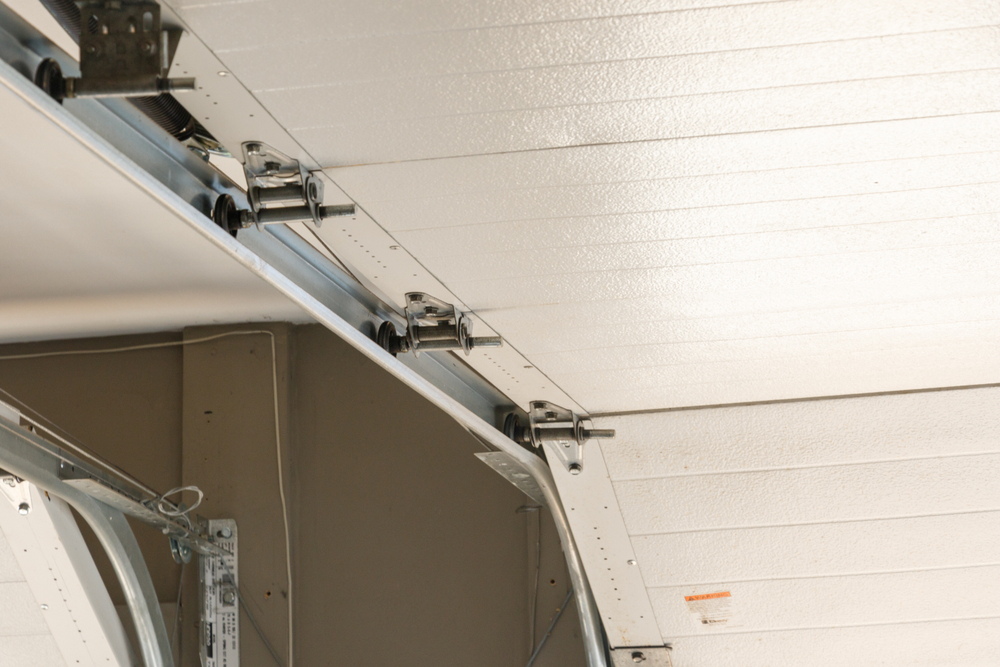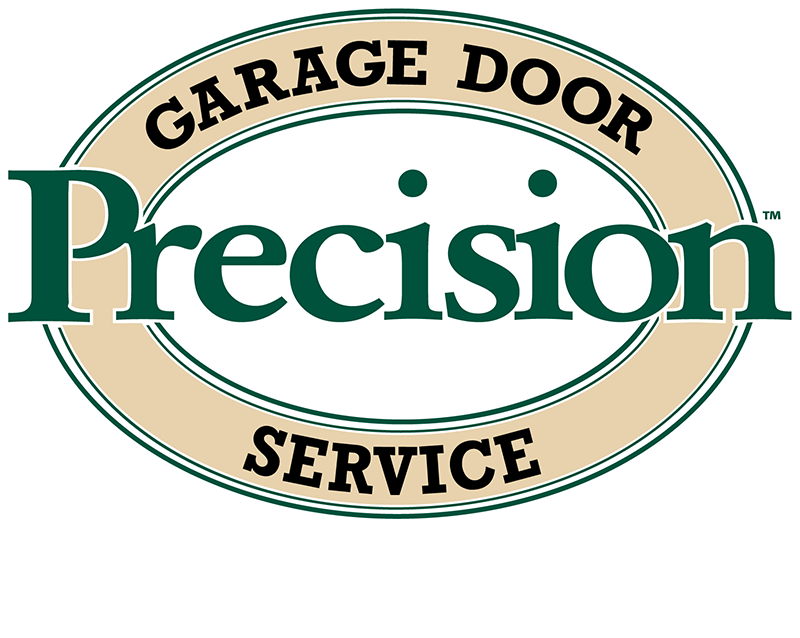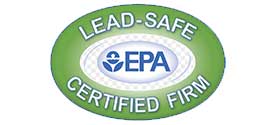
Spring Repair Torrance: 5 Signs of a Broken Garage Door Spring
Springs help open and close the garage door. During garage door installation, they are specially installed with just the right resistance to make your door work properly. This is essential because they are subjected to heavy stress. All garage door springs lose tension over time, so it’s important to recognize some of the signs that indicate your need for professional care. The way a door opens or closes can provide clues that a garage door spring is broken or damaged. While many people cannot operate the door when the spring is damaged or broken, sometimes people can still move the door. If you can move your door safely without further damaging it, the movements of your door can help identify your problem before calling spring repair Torrance experts. In general, you should look for these common signs that your garage door or insulated garage door spring has broken.
Types of Springs for Spring Repair in Torrance
Torsion and extension springs are the most crucial element in the operation of a garage door. Both create the necessary counterweight that allows garage doors to run smoothly. Torsion springs wrap around a shaft attached to the garage door via cable drums to exert a torque force that causes it to rotate. These springs apply constant energy to cause garage doors to open and close in a controlled, continuous motion. The twist blows the wind, allowing the garage door to move from a raised and open position to the closed position, or unrolls to open the door. The size and weight of the garage doors determine the length of the torsion spring and the number of springs needed.
Extension springs are attached to the pulleys or cables of the counterweight assembly. As the balancing elements move apart, the tension springs exert an opposing force by extension rather than by rotation. Like torsion springs, extension springs vary depending on the weight of the garage door.
Garage Door Is Off Its Tracks
It’s time to replace the garage door springs if the door is difficult to open. A low-level door will not open easily, and a bent door is a sign that the springs are not working smoothly and should be checked. Whether you have standard springs or extension springs, a bent door is a bad sign and often leads to more problems if left unchecked. The standard garage door springs are located above the garage door. Extension springs, on the other hand, are located perpendicular to the garage door on both sides. If one wears out, the door may become uneven, and both should be replaced.
Door Feels Heavy
When you try to open the garage door with a broken spring, your opener will have a hard time opening it or will not be able to open it at all. Thanks to a safety feature built into the garage door opener, the door can only lift a few inches and then lower. The sensitivity function controls the force of the opener to avoid damage from excessive weight. If you operate your door manually, you will notice that it is more challenging to lift. Functional torsion springs support the door’s weight. However, if your door is heavy, it’s a sign of a worn or broken garage door spring.
If you have an automatic opening system, perform a force adjustment test. Wait until the garage door is fully open. Then use the garage door wall button or the transmitter on the garage door opener to close the door automatically. When the garage door closes, stand near the garage door and hold the underside of the garage door with your hands outstretched. All new garage doors have a safety reverse mechanism, which means the door should immediately stop closing and then reverse. If you notice that your garage door is having trouble reversing or that it keeps closing, remove your hands immediately. There is a good chance that there is a problem with the safety mechanism or the springs.
The Door Makes More Noise Than Usual
While it is normal for the garage door to make noise during operation, note any unusual noises from the garage door and opener that indicate a need for repair. If you hear a sound similar to a fallen storage box, a blown fuse box, or an accident coming from your garage, the garage door spring is most likely breaking. When the torsion spring breaks, the coil spring loosens and rotates violently around the shaft. As a result, when the springs break, much of the stored mechanical energy is displaced rapidly. When the reel unwinds, a loud banging noise may result.
Garage Does Not Open Smoothly
It’s time to replace the garage door springs if the door is difficult to open. A low-level door will not open easily, and a bent door is a sign that the springs are not working smoothly and should be checked. Whether you have standard springs or extension springs, a bent door is a bad sign and often leads to more problems if left unchecked. The standard garage door springs are located above the garage door, while the extension springs are located perpendicular to the garage door on both sides. If one wears out, the door may become uneven, and both should be replaced.
When to Call Spring Repair Torrance Experts
Lastly, if your garage door is closed when you find a broken or damaged spring, it’s best to keep it closed until a qualified garage door repair professional arrives to assess the damage. If your car is inside the garage and you cannot wait for a repairer, never try to override the automatic door opener. The only time you could do this is if you have several powerful aids to lift the door.
Now that you have learned the necessary signs to repair your garage door springs, it is vital to keep an eye on your garage door repairs. Being the largest door in your home, a broken garage door spring is a huge inconvenience, especially if you park in the garage. Repairing the garage door spring Torrance is much cheaper than replacing the garage door openers. Your door can still work, albeit awkwardly, so you can put off professional help, but you should never put off professional service for a damaged spring. They can break at any time and if someone is inside the garage, it can cause serious injury.











